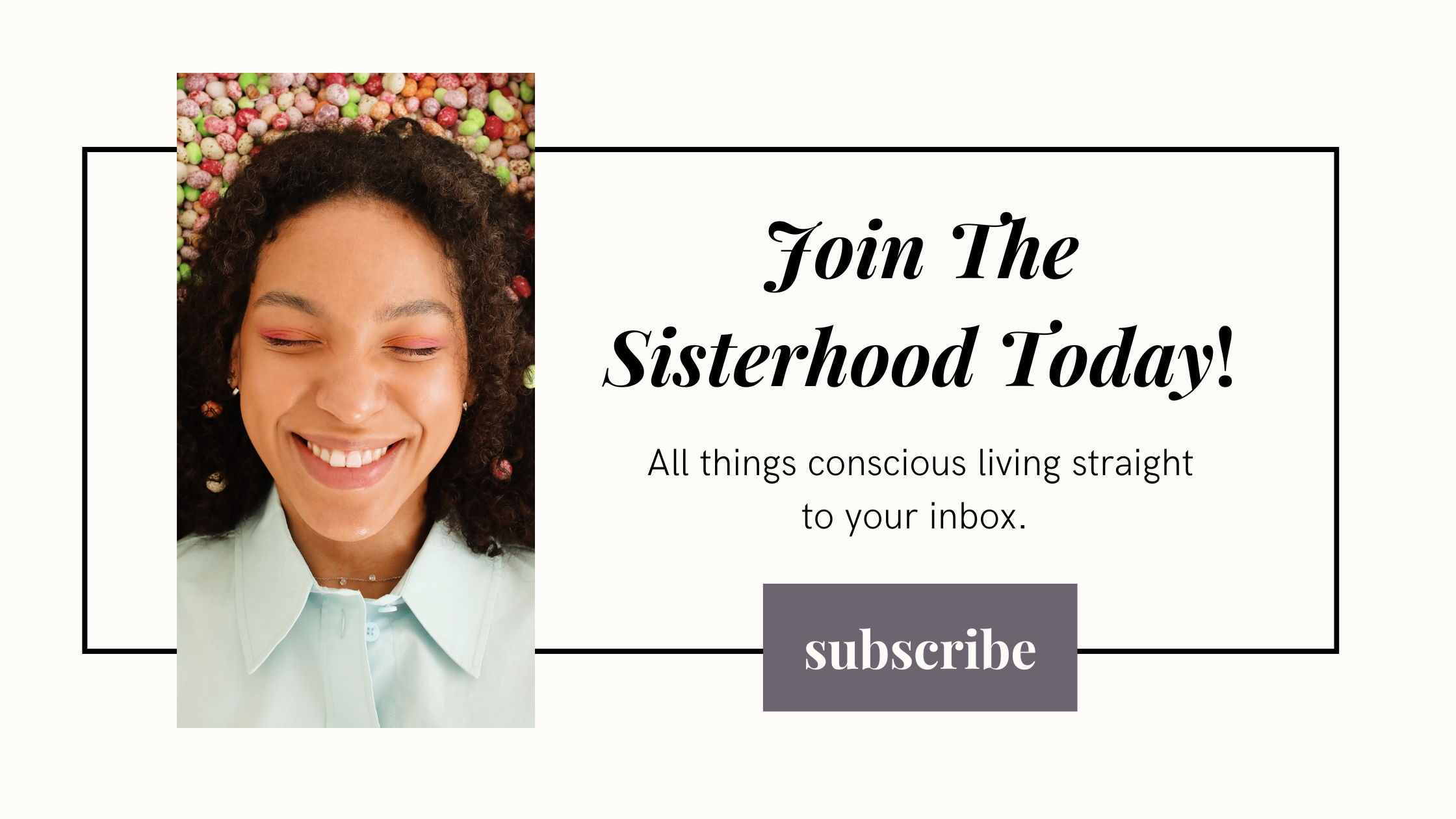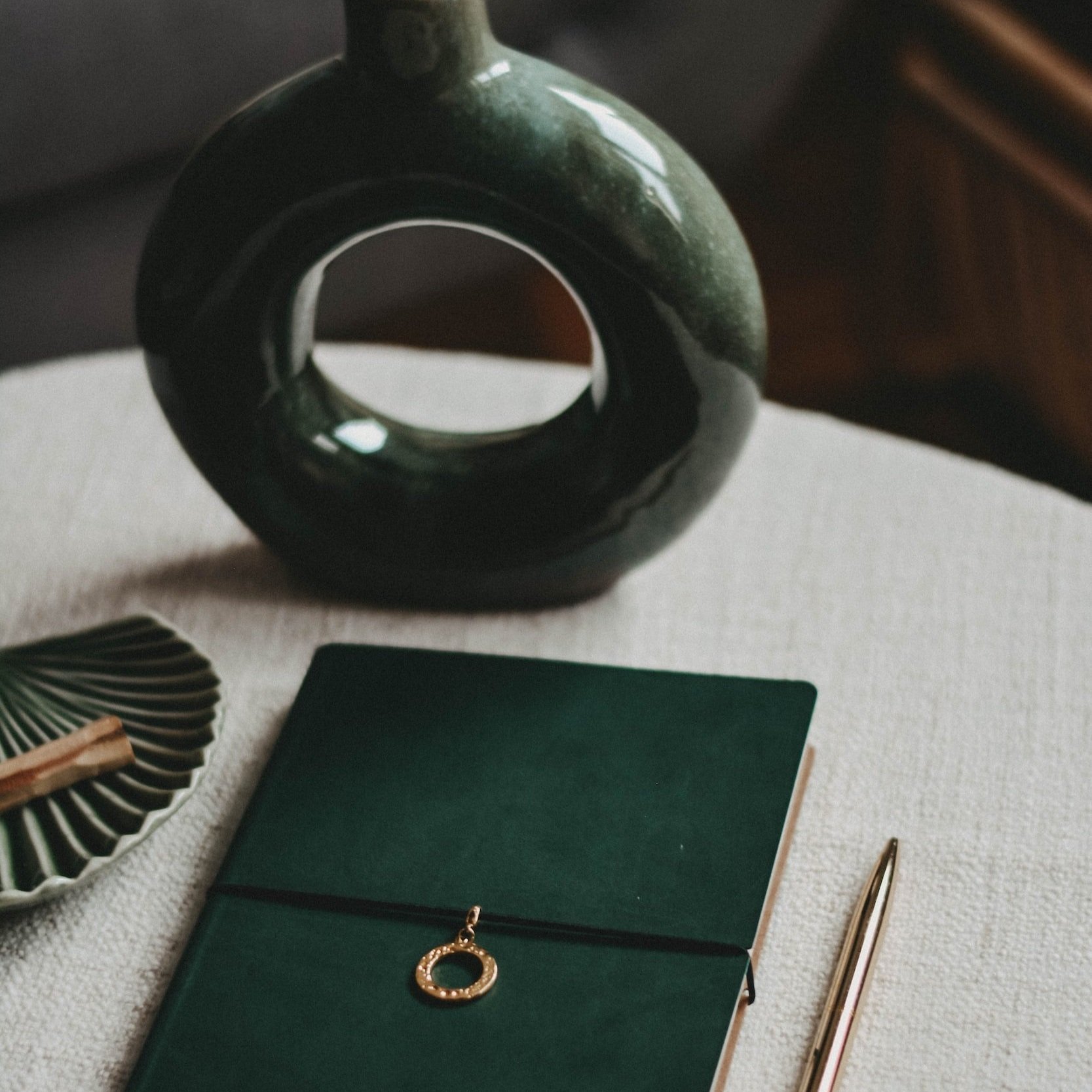Quiet Confidence: A Skill to Harness in Prep for the New Year?
by the W&S Home & Living Editorial Team
SHARE ON:
The need for confidence cannot be overstated. But what about quiet confidence? What exactly does quiet confidence look like, and what role does it play in women becoming a better version of themselves? Is it for everybody?
This post answers all these questions and more in prep for the upcoming new year. After reading this deep dive, focusing on harnessing quiet confidence may become part of your resolution list for 2023!
What is Quiet Confidence?
Quiet confidence doesn’t literally mean being quiet all the time to build or exude confidence. It’s simply the confidence that speaks for itself. Quiet confidence is a low-key way of showing up authentically and appropriately to any situation.
Harnessing my quiet confidence has been a total game-changer in my personal and professional life. It’s helped me understand that being sure of myself doesn’t mean I need to perform myself.
Before I discovered the notion of quiet confidence, I assumed the most optimal way to exude confidence was showing up in the best form all the time. I always wanted to be my best-looking, most interesting, and perfectly poised wherever and whenever I was around others. Of course, that didn’t work. Putting that kind of pressure on myself just made me stressed out and disappointed for not being able to reach my obviously ridiculous standards.
It’s ironic that I originally began my confidence journey inspired by my frustration of constantly comparing myself to every woman around me. I initially sought to break the cycle of feeling like my best wasn’t enough for everyone else.
Instead of making this happen, I accidentally turned the process of developing my self-love into another unnecessary way to beat myself down.
Step in the concept of quiet confidence, or being able to conjure a sense of competence and respect from others gracefully and uninformed by ego or my insecure need to continually prove myself.
Through a lot of therapy and reflection, I realized that being confident is something I need to do for me on my own terms. I don’t need to tell everyone that I love myself or that I am capable of doing great things.
One can simply show up authentically for themselves, those they care for, and the things they believe in. Instead of focusing on aesthetics, I am now focusing more on getting results on goals I’ve set for my own life, regardless of the opinions of others.
This is what it means to harness quiet confidence, and it’s a confidence that can only help you in life. It gives you a stable foundation of self-belief that you can bring throughout your lifetime.
Quiet Confidence Isn’t a Fix All for Women’s Collective Well-Being
We must be conscious when approaching the concept of quiet confidence because it isn’t appropriate in every situation. This is because the popularity of quiet confidence cannot be separated from inescapable notions of traditional femininity, the nuclear family, and gender-informed racism.
Women refusing the social expectation of quiet gave us feminism, for instance. Without women refusing to be silent about their desires, feelings, accomplishments, and abilities, many of today’s rights (i.e., voting, right to work, access to family planning, etc.) wouldn’t exist.
In response to these progressive victories, there is a rising backlash against women, feminist or otherwise, showing up in the same bold ways their male counterparts are expected to in the public sphere. An unfortunately common response to this is wanting these women to “shut up and be quiet” and adhere to the patriarchal-informed feminine ideal.
An ideal is defined as being submissive, docile, and quiet. In this way, women being quiet can sometimes be read as an undercover conservative dog whistle, attacking women wanting to be seen as equals in discourse and decision-making. People, such as TikTok user @ludakristinnn, refer to this:
In this TikTok, created April 2021, she talks about being loudly confident to dismantle problematic Asian woman stereotypes that assume they are all submissive and obedient. Her position brings us to the importance of intersectionality within discussions surrounding how women harness their confidence.
Some Asian women might struggle with their relationship with quiet confidence due to the conflicting expectations of being infantile while remaining sexually available (e.g., white lotus versus the Asian Baby Girl) placed on them. This sentiment might also apply to queer women expected to fade into the background and keep their “lifestyles” out of the mainstream.
Although slightly different, women working in predominantly male fields (i.e., STEM and politics) where being quiet may sometimes do more harm than good might also choose to opt-out of the quiet confidence discourse. Guess what, that’s okay!
Quiet confidence is simply one tool in the overall toolbox of conscious self-actualization. There’s no need to feel pressured to fit into any ideal for showing up as your most confident self.
Instead, the point here is to understand that confidence looks different for everybody. This idea, in many ways, relates to the divisive discourses around whether women covering up or showing more skin is better for the feminist agenda.
These types of dualistic conversations, at least in my opinion, aren’t helpful. We should look into different interactions and perspectives of feminism, understanding and giving space to the reality that the intersectional nature of oppression calls for nuanced, multifaceted approaches to women’s liberation.
Ways to Harness Your Quiet Confidence
One way to begin harnessing your quiet confidence is by changing your story. Very few things in the world are genuinely private or belong to us like our thoughts. They are some of the most intimate, powerful tools we have for making change within ourselves.
Try using your inner dialogue to tell yourself something new about how you show up. Instead of asking yourself how to show confidence, begin restructuring these thoughts into ways you can embody spirit.
Some quiet confidence examples include not judging yourself for being human and allowing yourself room to learn from your mistakes. Another example would be not defining yourself by intrusive, negative self-talk that almost everyone deals with.
Make an effort to rework those personal narratives about who you are and what you’re worth. Hopefully, you’ll begin to see a change in your desire to perform for others and want to spend more time working on yourself for yourself.
Another way to harness your quiet confidence is to nurture your vision of your best self. One of the reasons why quiet confidence is becoming a popular idea among various types of women is that it inherently rejects the “girlbossification” of women’s liberation. You know, the whole idea that a woman is vital if she’s a high-earning, work-obsessed go-getter that can work the nine-to-five and take care of the kids!
Obviously, this idea has been widely criticized for its impracticability to its ability to reinforce patriarchal norms. However, we’re still dealing with the ramifications of the #GirlbossGaslightGatekeep phenomenon, including its call for a cult of confidence.
Having confidence, while in many ways helpful, can by no means address the structural inequalities embedded within our world aimed at disenfranchising women. BIPOC women cannot simply “confidence away”, for instance, the reality that they are disproportionately impacted by the gender wage gap in the US, making around $0.12-$0.16 less per dollar than white women on average.
Instead, take the time to figure out what confidence and success mean for you. It might be something as simple as trying out a new hobby you’ve been interested in. Perhaps it’s wearing that outfit you’ve been holding onto sitting in the back of your closet.
Whatever it is, give yourself the grace to figure out a unique sense of worth beyond the fluctuations of society’s priorities. Once you’ve done so, you’ll better understand what confidence means in your life and fall back on this reliable foundation when you don’t feel the best about yourself.
The Bottom Line on Quiet Confidence
Quiet confidence can be a conscious tool on your journey toward self-actualization. This path toward understated confidence might be a great way to develop a lasting, genuine sense of self-love in a world constantly pushing performativity over authenticity.
If you feel quiet confidence is appropriate for your conscious living goals, we suggest trying it. No matter if you love or hate it, you’ll be happy you gave yourself an opportunity to learn something new about yourself.











